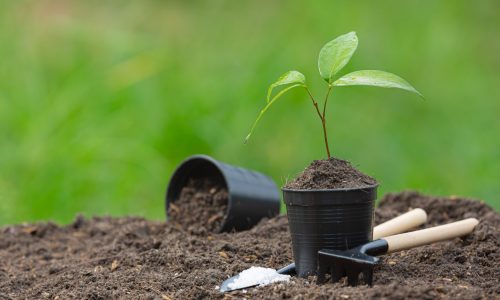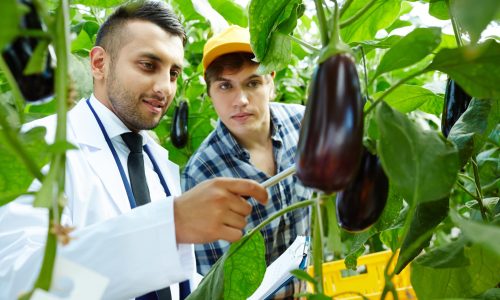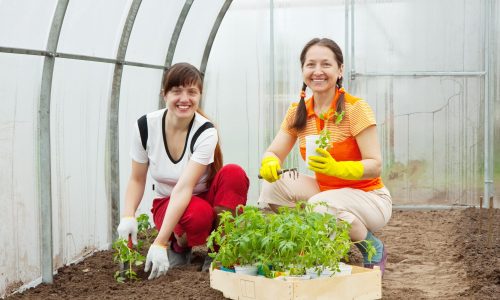Why study Horticulture?
In today’s rapidly evolving world, sustainable agriculture is a key focus for industries across the globe. One crucial aspect of sustainable agriculture is horticulture, which is vital in food production, environmental conservation, and economic growth. Horticulture refers to the science and art of cultivating plants for human use, including fruits, vegetables, flowers, and ornamental plants.
Importance of Horticulture in Sustainable Agriculture

Environmental Conservation
Horticulture plays a vital role in environmental conservation by promoting practices such as reduction of water usage, minimisation of chemical inputs and adoption of sustainable horticulture techniques.

Economic Growth
The horticulture industry contributes significantly to the economy, generating employment opportunities and fostering rural development. By investing in horticulture practices, countries can stimulate economic growth while ensuring food security and reducing dependence on imports.

Nutritional Security
By offering a wide variety of fruits and vegetables, horticulture guarantees nutritional security. Because of their abundance in vital vitamins, minerals, and antioxidants, these crops support a diet that is both balanced and healthful. Countries can lower the risk of malnutrition and enhance public health outcomes by giving priority to horticulture production.
Our Courses
Discover our flagship courses at VIVA Institute:
Duration: 52 weeks CRICOS COURSE Code: 114116G



